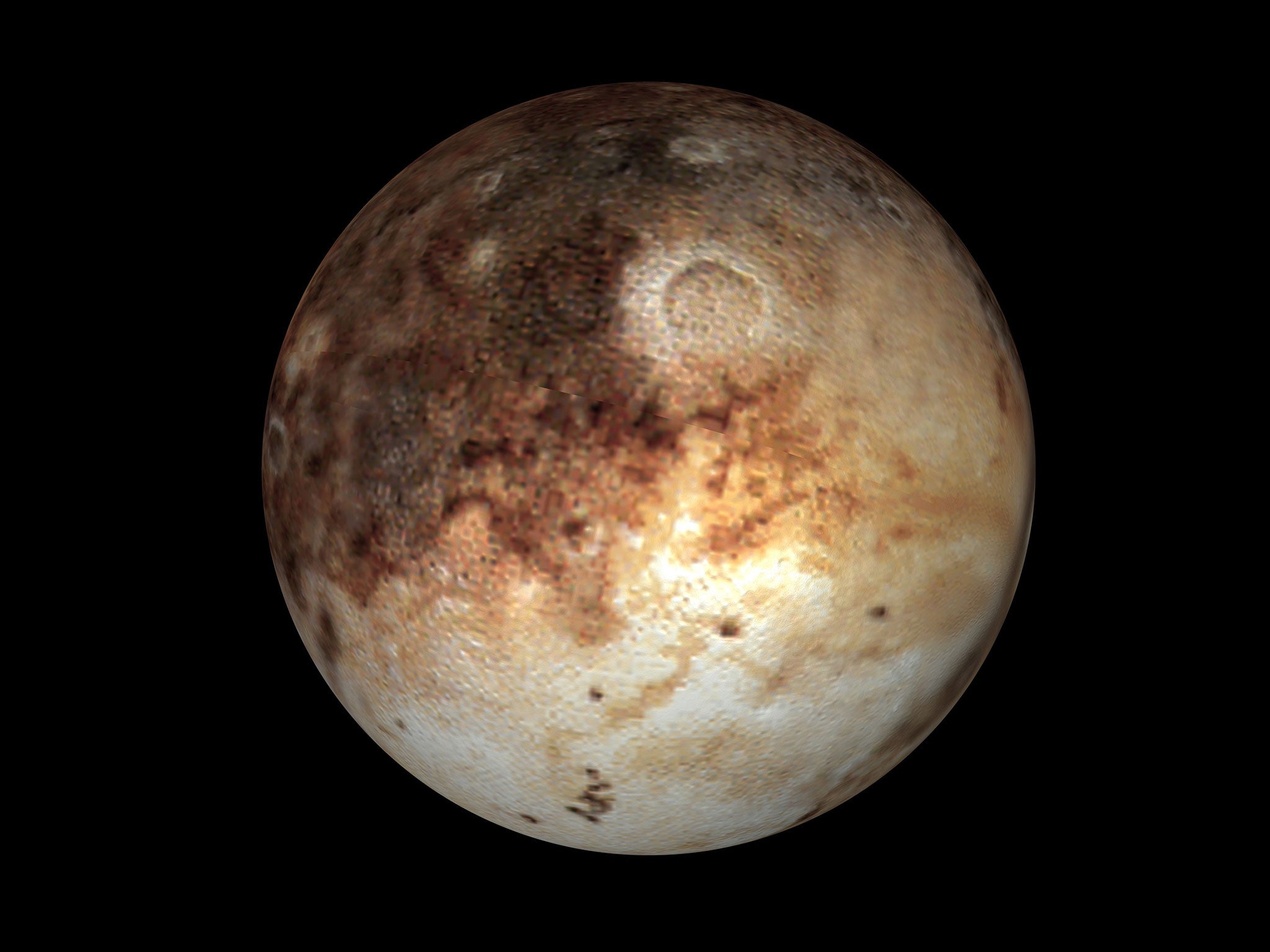Will Pluto be reinstated as a planet?
Harvard-Smithsonian Center debate comes to conclusion that Pluto IS a planet

There were once nine planets. Everyone learned them, sometimes aided by a mnemonic: “My Very Excellent Mother Just Sent Us Nine Pizzas.”
But back in 2006, the International Astronomical Union (IAU), arbiter of what is and what isn’t a planet, stripped Pluto of its status, saying it was too small to pack sufficient gravitational punch. It was downgraded to a new, second-class status: “dwarf planet.”
So then there were eight: Mercury, Venus, Earth, Mars, Jupiter, Saturn, Uranus and Neptune, or “My Very Excellent Mother Just Served Us Nachos.”
The decision did not sit well with the public. Some amateur stargazers and some astronomers thought it rather arbitrary. As the Harvard-Smithsonian Center for Astrophysics put it in a press release, “a dwarf fruit tree is still a small fruit tree, and a dwarf hamster is still a small hamster.”
But recently the Harvard-Smithsonian Center did something about it: It held a debate — pro and con — and let the audience vote. The result: “Pluto IS a planet.”
The debate centered around the IAU’s demands of a planet — that it must:
- be in orbit around the Sun,
- be round or nearly round, and
- be shown to have “cleared the neighborhood” around its orbit, be gravitationally dominant in its area — the big kid on the block.
Pluto was originally kicked out because it did not “clear the neighborhood.” It is indeed small. It has a radius of about 750 miles — less than 20 per cent of the Earth’s radius. Its circumference is about 4,500 miles, which makes it smaller than the moon. You could fly around its equator faster than flying from Washington, DC, to Hawaii.
NASA: Space in pictures
Show all 12According to a release from the centre, Owen Gingerich, who chaired the IAU planet definition committee, presented the historical viewpoint. He said Pluto is a planet, and “a planet is a culturally defined word that changes over time.” Gareth Williams, associate director of the Minor Planet Center, presented the IAU’s viewpoint — that Pluto is not a planet. And Dimitar Sasselov, director of the Harvard Origins of Life Initiative, “presented the exoplanet scientist’s viewpoint.”
Sasselov argued, among other things, that the criteria for planethood was sun-centric, excluding planets beyond our solar system, or so-called “exoplanets.” He offered an alternative definition: A planet, he argued, is “the smallest spherical lump of matter that formed around stars or stellar remnants.” That opened up a lot of possibilities, one of them clearly being the reinstatement of Pluto.
When the unrecorded voice vote was taken, Sasselov’s new definition prevailed.
Of course, the vote doesn’t bind anyone. But, for Pluto enthusiasts, it’s a start.
©Washington Post
Subscribe to Independent Premium to bookmark this article
Want to bookmark your favourite articles and stories to read or reference later? Start your Independent Premium subscription today.

Join our commenting forum
Join thought-provoking conversations, follow other Independent readers and see their replies